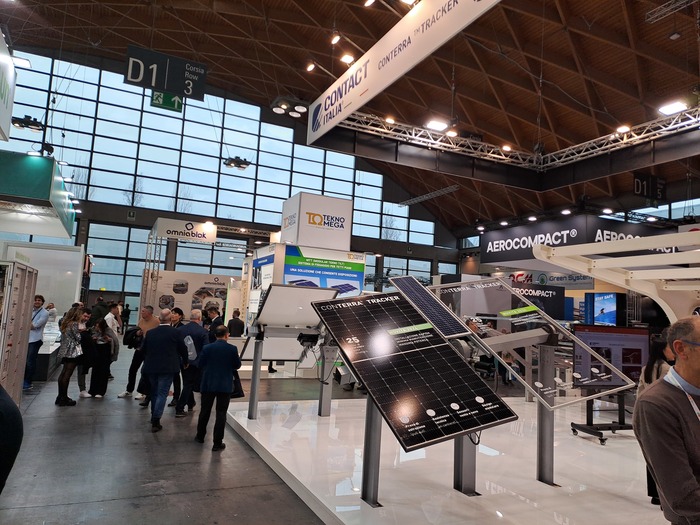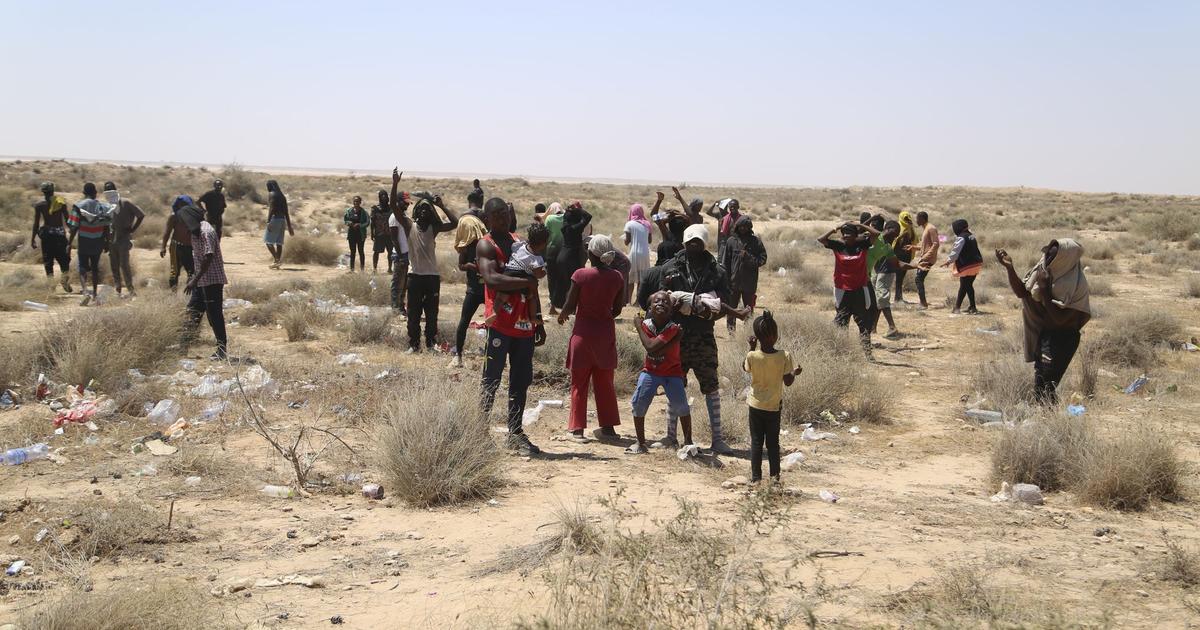Group of Spanish students, in the courtyard of Aula Cervantes, in 2018. INSTITUTO CERVANTES IN DAKAR
The Instituto Cervantes will open its headquarters in Dakar, the first in sub-Saharan Africa, next June, the director of this new center, Néstor Nongo, announced this Monday.
The existence of 1.5 million Spanish students in the region, with significant growth potential, as well as the intensification of business, cultural and cooperation contacts are behind this decision, which was adopted by the Council of Ministers in 2019. A high-level delegation from this organization has traveled this week to the Senegalese capital to choose the headquarters from where the expansion of Cervantes to other countries will be coordinated, the first of them Ivory Coast, with a stable presence in Abidjan since February.
"We want to create the conditions for human and legal bridges to exist between Spain and Senegal, and language and culture are two important areas for generating links between peoples," Luis García Montero, director of Cervantes, assured by videoconference from Madrid.
There are 11 headquarters of this institution in the Maghreb, but none in sub-Saharan Africa, "an obvious imbalance", in the words of the general secretary of this body, Carmen Noguero.
In 2010, a Cervantes Classroom was inaugurated in Dakar with the intention that it would be the embryo of a future center, but this decision was delayed due to the economic crisis in Spain and the funding cut that the institution suffered.
The director of the new headquarters is Néstor Nongo Nsala.
He was born in the Democratic Republic of the Congo and is a Spanish citizen.
Graduated in Political Science and Sociology and in Theology, he has held various positions in the Ministry of Culture and Sports since 2013 and previously in that of the Presidency.
He speaks French, English and three African languages, including Swahili, a lingua franca in large parts of Africa.
Author of numerous articles on the situation on the continent, he learned Spanish during a summer, more than three decades ago, in a course for foreign university students in Pamplona.
Nongo assured, in statements to EL PAÍS, that the objective of this new center "is, as in the others, to promote the Spanish language and Hispanic cultures."
When this space opens, a process that started years ago "with academic missions for teacher training in Cameroon, Benin or Ivory Coast, among other countries, will materialize."
The reason that the Senegalese capital was chosen is because of “the growth of trade between the two countries and the increase in the Spanish institutional presence in Senegal, of companies in sectors such as mining, fishing, infrastructure, food, textiles ... as well as NGO.
Senegal is a priority country for Spanish cooperation, as it seems logical also due to the proximity of the Canary Islands ”, he adds.
In addition, it is "difficult to walk through Senegal without running into a person who does not have a cousin or brother living in Spain, who does not get drenched in Spanish-American soap operas, or who does not know the line-ups of Barça or Real Madrid by heart", ensures.
Now the headquarters of the center is being sought, which has practically been decided.
Until now, the majority of users of the Aula Cervantes in Dakar have been “students and teachers”, although Spanish courses have also been offered to various groups.
With the new space, it will be easier to open this offer to anyone interested in the Spanish language and culture.
At the same time, the team led by Nongo will "create a group of professionals that responds to the expectations placed on this project," explains Nongo.
In addition to selecting the property, which is intended to be "broad and open to society," according to Raquel Caleya, cultural director of Cervantes, the Spanish delegation traveled to Dakar to celebrate the Senegalese Hispanism Tribune starting this Tuesday, at the That will be attended by prominent scholars of the Spanish language in the African country, such as professors Ndioro Sow, Georgette Ndour and Nzachée Noumbissi.
Likewise, Carmen Noguera met with students, representatives of the Spanish Chamber of Commerce in Senegal and with the Minister of Culture, Abdoulaye Diop, with whom she negotiated to strengthen cooperation between the two countries in this area.
In sub-Saharan Africa, there are 19 countries where you can obtain the DELE diploma, which certifies the competence and command of Spanish, and 23 authorized examination centers.
It is the third region in the world in number of students, 1.5 million, which represents 6.5% of the world total.
The most prominent country is the Ivory Coast, with 566,000 students, followed by Benin (412,515) and Senegal itself (350,000).

/cloudfront-eu-central-1.images.arcpublishing.com/prisa/PAYWZXGID5GTDPKYDIUY3E6OHM.jpg)







